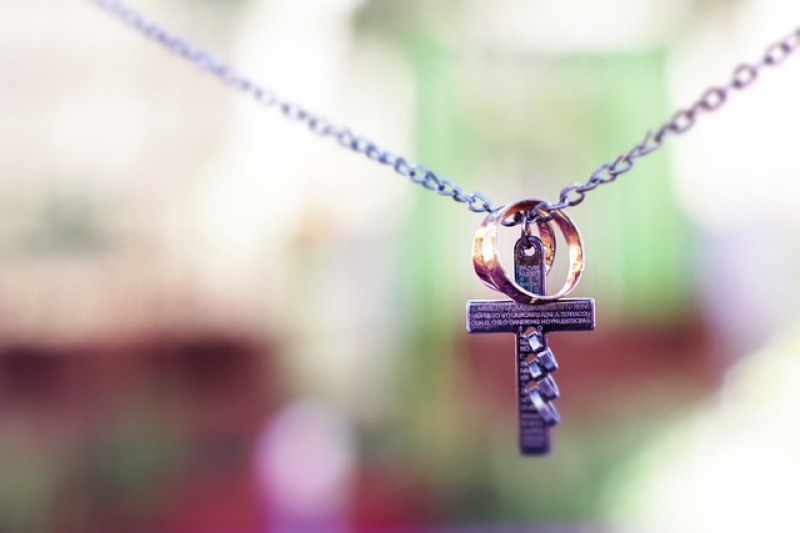
While COVID-19's impact reverberated across all church communities, a new study reveals a striking disparity: the majority of the black congregations bore the brunt of the pandemic's hardships but exhibited remarkable resilience and adaptation in the face of adversity.
Published by the Hartford Institute for Religion Research, "Understanding The Pandemic Impact on Black and Multiracial Congregations" paints a nuanced picture of the pandemic's toll. While white and multiracial churches experienced declines in attendance, finances, and clergy well-being, these challenges were exacerbated for predominantly black congregations due to the insidious presence of structural racism.
The study authors, led by sociologist of religion Scott Thumma, highlight how "external factors outside of the pandemic," such as income inequality, housing discrimination, and disparities in education and healthcare, compounded the pandemic's effects on black communities. These systemic inequalities manifested within church walls, as black clergy faced additional burdens on top of their pastoral duties.
Despite these struggles, black churches showcased their historic strengths of innovation, resilience, and adaptability. From embracing technology to foster virtual fellowship and worship to providing hybrid programming for all ages, black congregations charted a path forward, even participating in crucial COVID-19 mitigation efforts like hosting vaccination sites.
Financial challenges still loom: While 25% of black churches reported thriving financially since 2018, compared to 24% of multiracial and 22% of white churches, the study notes that "majority-black congregations still seemed to struggle to reach financial stability." This underscores the ongoing impact of systemic issues and the complex intersection of race and socioeconomic class.
Perhaps the most striking finding is the heightened emphasis on prayer within black congregations. The study reveals that black churches offered hybrid prayer gatherings four times more frequently than multiracial and white churches, highlighting the central role of prayer as a source of strength and coping mechanism for Black communities.
The study read, “Spring 2023 results show that 41% of Black congregations offered hybrid prayer gatherings, at approximately four times the rate of multiracial and majority white congregations. This may highlight the zealousness to gather, and especially for prayer, which remains a frequent practice and coping mechanism among Black adults. Pew Research Center reports 63% of Black Protestants pray daily compared to 52% of white Protestants.”

















